Dhaka, Dec 19 (V7N) — The International Monetary Fund (IMF) has expressed concern over Bangladesh's ongoing economic challenges, particularly the persistent high inflation, which remains above its expectations. Chris Papageorgiou, Head of Development Macroeconomics at the IMF's Research Department, shared these views during a press conference held at the Ministry of Finance on Thursday.
Highlighting the need for structural reforms, Papageorgiou stated, "Reform initiatives must continue to overcome the economic crisis. There is no alternative to increasing domestic revenue to address the situation."
The IMF delegation has spent the past 16 days engaging with financial institutions and analysing data from various sectors, including banking, revenue, and income. This information was presented to government officials during the visit.
Papageorgiou remarked that Bangladesh lags behind other countries in the IMF program in controlling inflation. "Although there are many global and domestic factors, we expected better results," he said.
The IMF also criticised Bangladesh Bank's recent decision to print BDT 22,000 crore to support weak banks. "This approach is not sustainable and could exacerbate inflation," Papageorgiou warned. He urged careful implementation of monetary strategies to avoid further risks.
The IMF forecasts GDP growth for Bangladesh to drop to 3.8% this year, with inflation projected to reach 11% in 2025. However, Papageorgiou assured that the IMF evaluates Bangladesh's economy based solely on data, free of political bias.
If reforms progress as planned, the IMF board is expected to approve the release of the fourth tranche of the loan, amounting to $1.3 billion, during its meeting on February 5, 2025.
Despite these concerns, Financial Advisor Dr. Saleh Uddin Ahmed expressed optimism, stating that the economy is showing signs of recovery. Bangladesh Bank has also met the IMF's reserve requirements, with net reserves now standing at $15.58 billion.
The road ahead remains challenging for Bangladesh as it grapples with inflation and works to stabilise its economy. However, the IMF’s continued engagement signals hope for collaborative efforts to address these pressing issues.
END/MSS/AJ



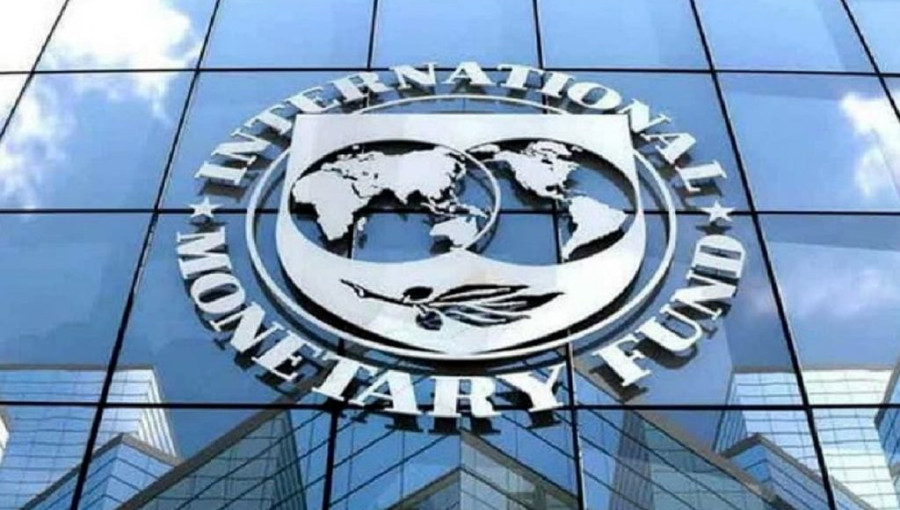
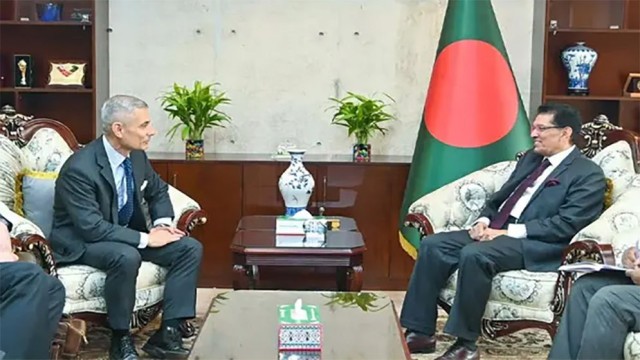
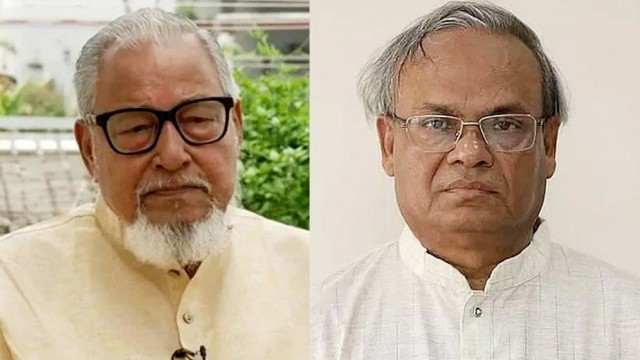
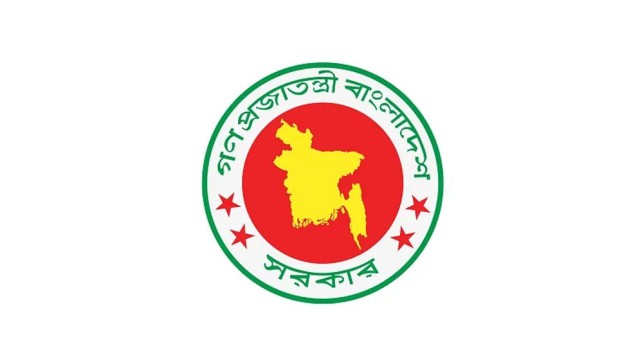
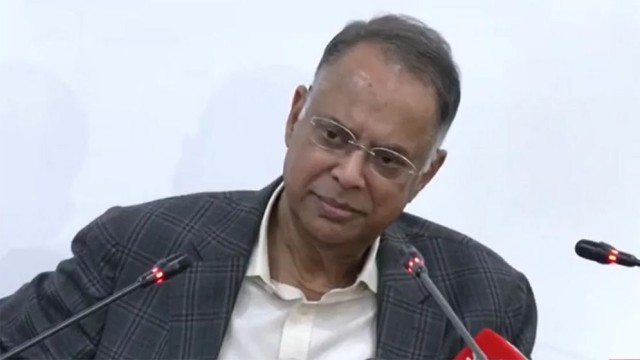

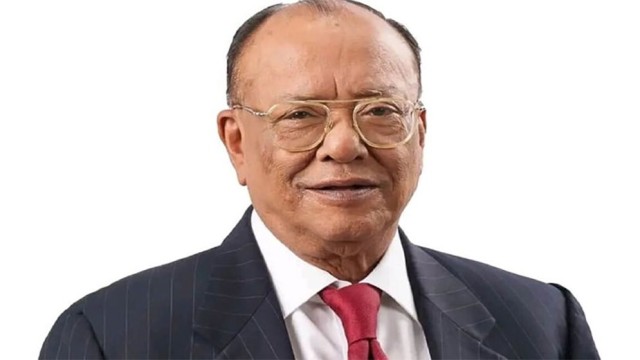

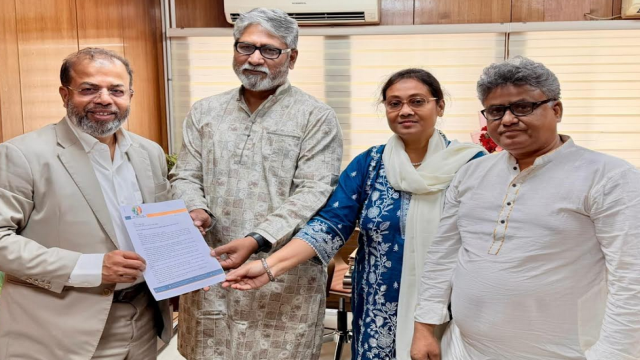
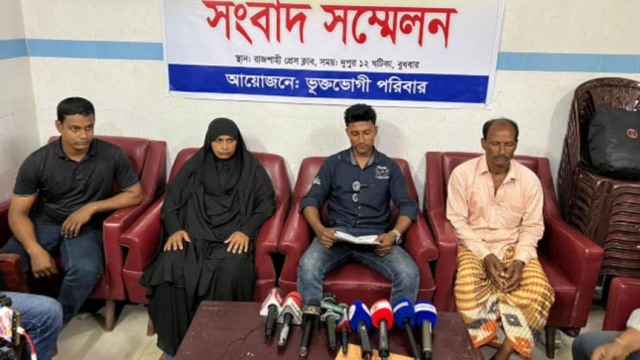

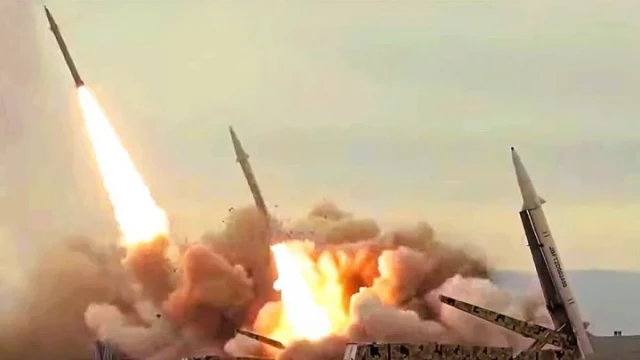
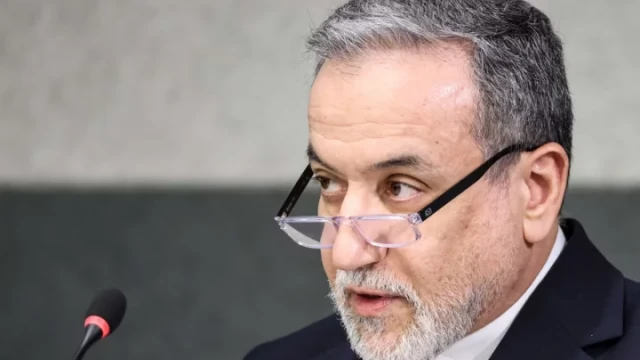
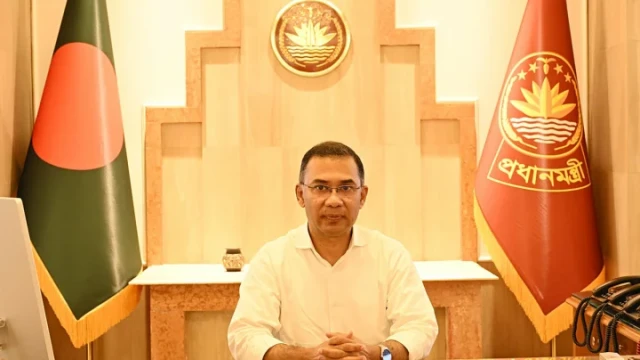
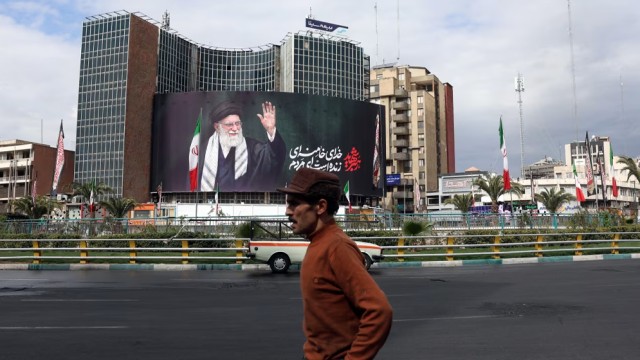












Comment: